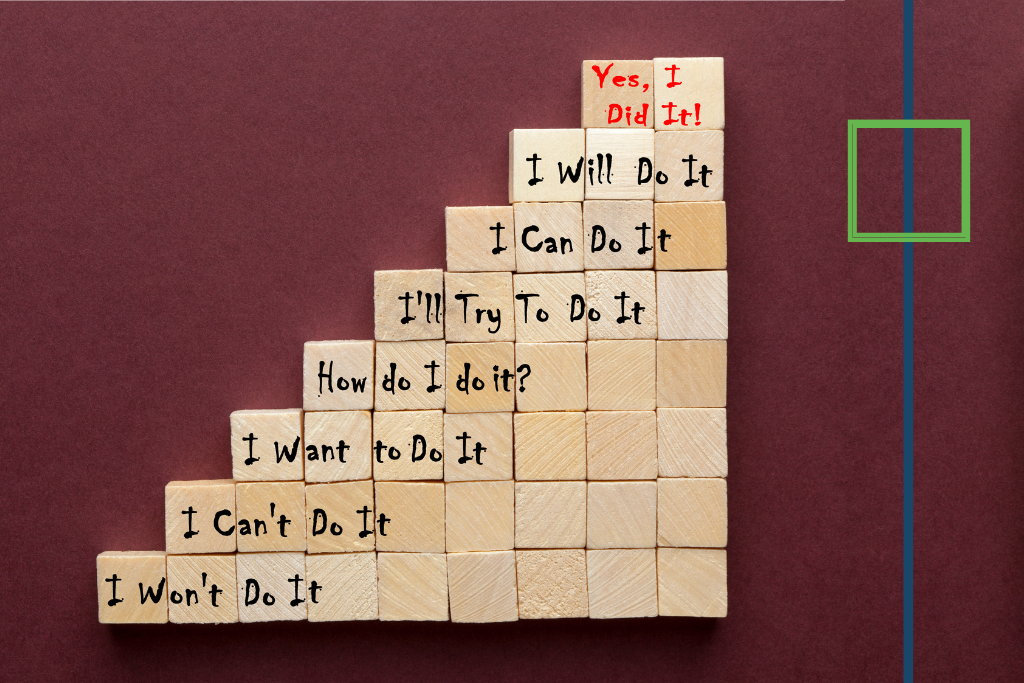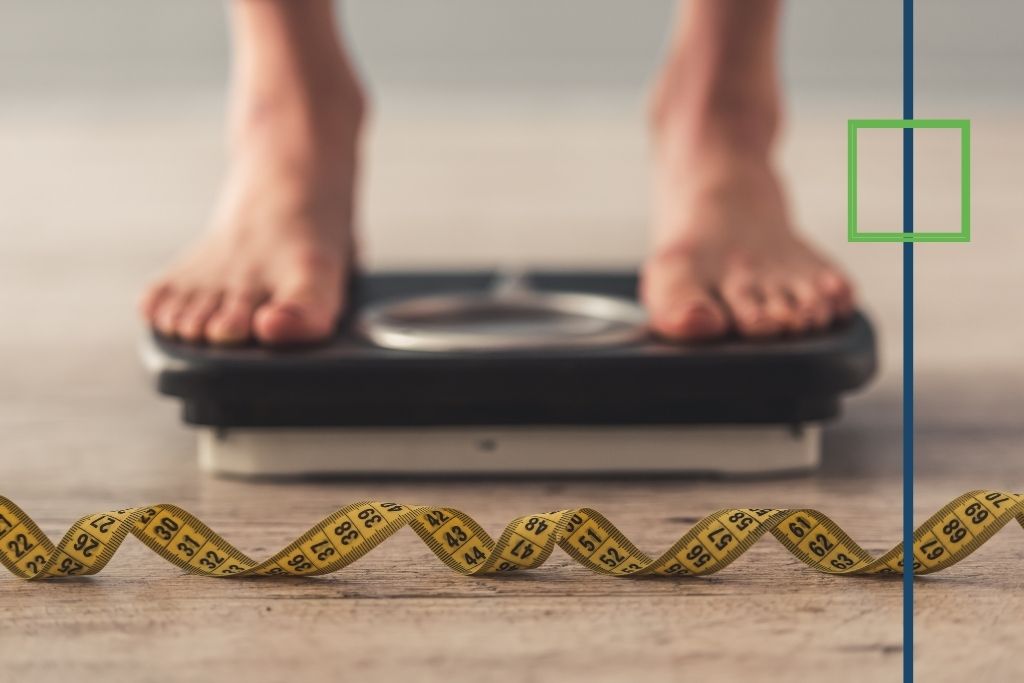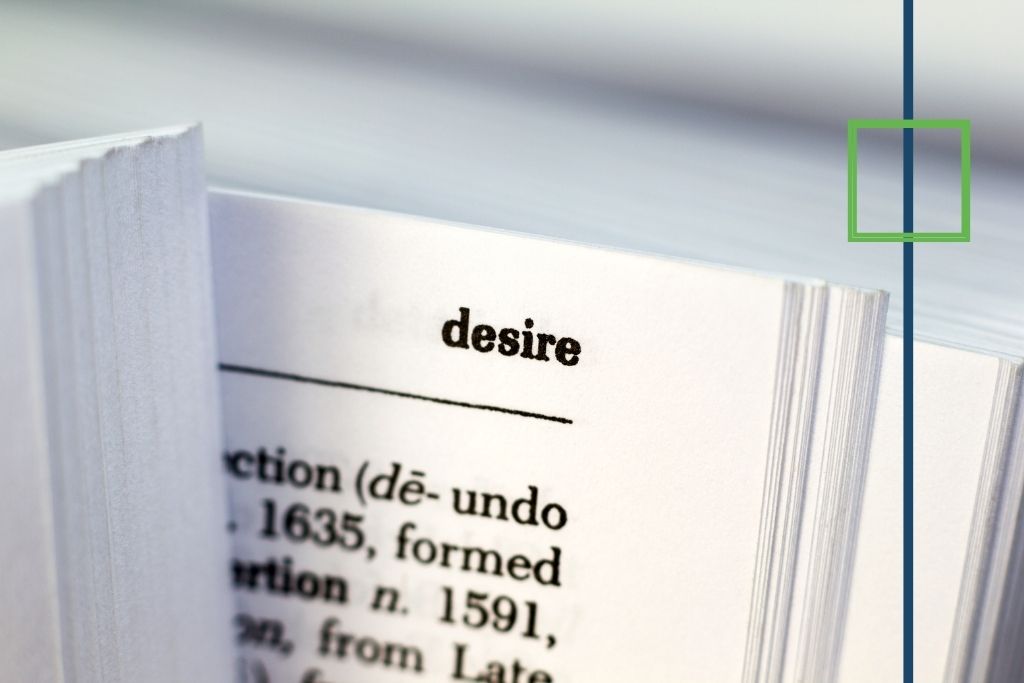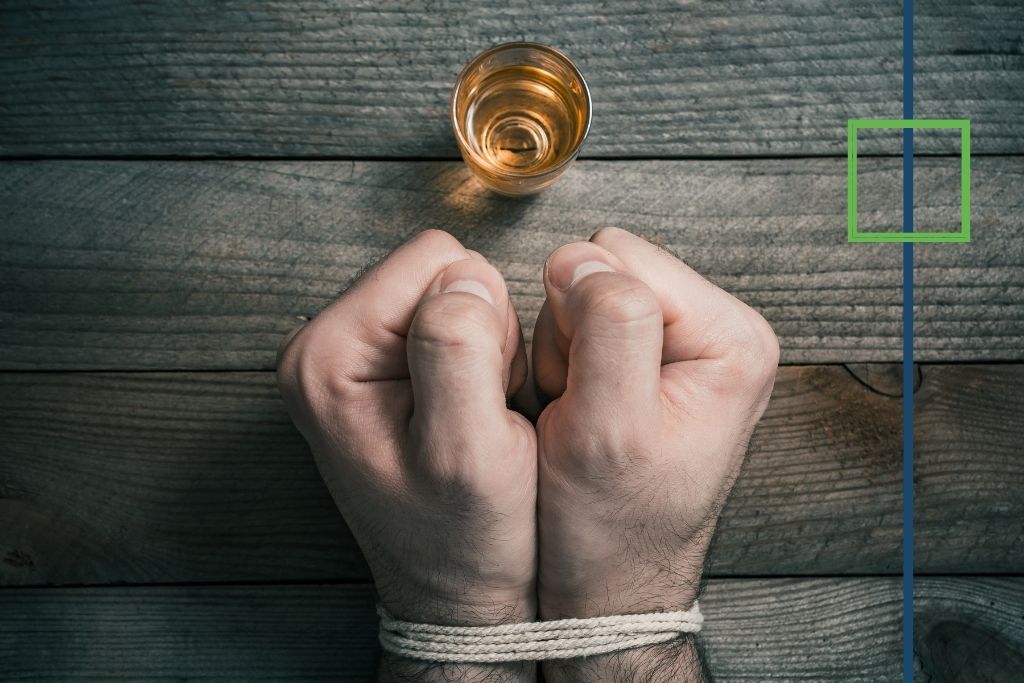It is no secret that alcohol detox is hard. Even calling is hard may not begin to cover what it is really like. It takes a toll on the individual both mentally and physically. Mild withdrawal symptoms such as headache, nausea, and insomnia can be treated with over the counter medications developed to target these issues. This could be Tylenol, Pepto Bismal, or Melatonin. However, more severe withdrawal symptoms are not as simple to treat. In fact, symptoms such as seizures and delirium tremons are so severe that they require 24/7 medical monitoring. In order to manage the severe psychological and physiological effects of withdrawal, medical detox facilities are the choice location to spend these first days of sobriety. One major reason for choosing a detox center over at-home detox is that patients will have access to alcohol detox medications that they would not have access to outside of a controlled detox environment. In this article, we will review what the different types of alcohol detox medications are, how they help the detox process, and examples of each.
The 3 Functions of Medications used During Alcohol Detox
Medications commonly used during alcohol detox serve 3 different functions. The first function is to work as an anxiolytic, or reducing anxiety. Sedation is the 2nd function of medications used.
Benzodiazepines are a common type of medication used during alcohol withdrawal, which has both an anxiolytic and sedative effect. However, benzos are addictive. Some prefer alternatives to benzodiazepines. The 4 benzodiazepines approved by the FDA for treating alcohol withdrawal include:
- Chlordiazepoxide (e.g., Librium).
- Clorazepate (e.g., Tranxene).
- Diazepam (e.g., Valium).
- Oxazepam (e.g., Serax).
Barbituates are another type of medication used to treat withdrawal symptoms. They are sedatives and can have adverse effects when taken at certain doses. For this reason, any medication taken during alcohol withdrawal should be monitored closely by a medical doctor. Phenobarbital is a barbiturate used to control seizures and anxiety.
The last function of medication used at an alcohol detox program is to provide nutrients to the individual. Vitamins and minerals are administered using either oral medications or an IV drip. Although vitamin supplements are something that is accessible over the counter at many stores, access to an IV drip is not. Even taking supplements regularly can be difficult for someone with severe withdrawal symptoms.
At an alcohol detox facility, supplemental nutrients, as well as other medications, can easily be administered in an ideal manner and at the ideal time. Continuous iv fluids can provide water and nutrients to an individual who cannot eat for days because of severe nausea and diarrhea. Sedatives can help provide sleep when at a point in detox that sleep would otherwise be considered an impossible feat. Anxiolytics can reduce the anxiety that can cause panic attacks and dangerous paranoia. For many, access to these medications is not a luxury. In fact, being able to detox from alcohol safety may be a matter of life and death.
Additional Medications Used During Alcohol Detox
- Antipsychotics (ie: haloperidol) — Used for dual diagnosis patients.
- Anticonvulsants (ie: carbamazepine) — Used to treat isolated seizures
- Baclofen — A muscle relaxer used to treat acute withdrawal symptoms.
- Beta Blockers (ie: propranolol, atenolol) — Used to regulate heart rate and breathing.
- Centrally Acting Alpha-2 Agonists (ie: clonidine) — Used to regulate heart rate and breathing, as well as high blood pressure, sweating, anxiety, irritability, and tremors.
Find help from our Palm Beach County treatment facilities where clients have access to the alcohol detox medications necessary to help them get sober safely. Don’t wait another minute, Call Now!





